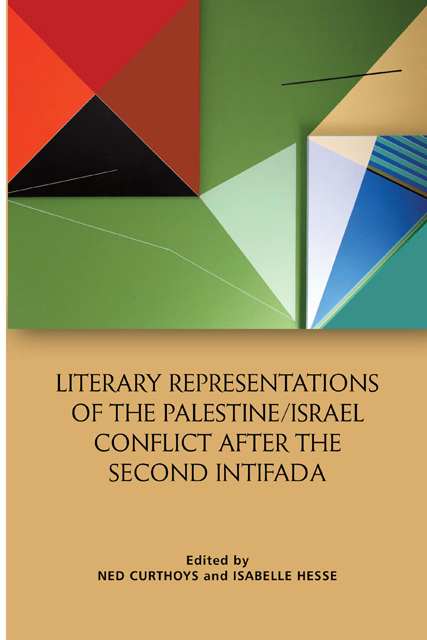3 - American Palestinian Women as Public Intellectuals: New Narratives of Resistance
Published online by Cambridge University Press: 07 June 2023
Summary
So in the end it is the intellectual as a representative figure that matters — someone who visibly represents a standpoint of some kind, and someone who makes articulate representations to his or her public despite all sorts of barriers.
(Said, Representations of the Intellectual 12)As I finished writing this chapter in June 2021, the world was facing a Coronavirus pandemic that has swept the globe and caused millions of deaths worldwide. I was constantly checking on the numbers of COVID-19 cases around the world, and at some point, I stumbled upon the website of Johns Hopkins University’s Center for Systems Science and Engineering to get updates on the numbers. I clearly remember that I could not locate Palestine on the map they had up on their website, even though news had it that there were cases in Gaza and Ramallah. It was later revealed by Ali Abunimah on a blog post published on the website of the Electronic Intifada, of which he is a co-founder, that the Johns Hopkins University’s Center for Systems Science and Engineering initially had an entry called ‘Palestine’ that was changed to ‘oPt,’ that is the occupied Palestinian territories, but was later merged with the entry ‘Israel’. It was under pressure and objection letters sent to the Center that they later had an entirely different entry listed as ‘West Bank and Gaza’ (Abunimah, ‘Johns Hopkins’). This incident of silencing and erasing Palestine is not the first of its kind, bearing in mind that the permission to narrate Palestine has long been denied, suppressed, manipulated and resisted throughout history as Edward Said argued almost forty years ago. In ‘Permission to Narrate,’ the late Said remarks that ‘The [Palestinians] are there all right, but the narrative of their present actuality – which stems directly from the story of their existence in and displacement from Palestine, later Israel – that narrative is not’ (30). What Palestine, as a nation, and Palestinians, as a group of people, suffered and are still suffering from is the result of a combination of settler colonialism, neoliberal capitalism, imperialism, Zionism, and racism – powers that American Palestinian women writers recognise and feel the urgency to contest, resist and universalise in their narratives.
- Type
- Chapter
- Information
- Publisher: Edinburgh University PressPrint publication year: 2022



